
PARSHA: Va’era, EXODUS 6:10-13
“The Lord spoke to Moses, saying, ‘Go and tell Pharaoh king of Egypt to let the Israelites depart from his land.’ But Moses appealed to the Lord, saying, ‘The Israelites would not listen to me; how then should Pharaoh heed me, a man of impeded speech!’ So the Lord spoke to both Moses and Aaron in regard to the Israelites and Pharaoh king of Egypt, instructing them to deliver the Israelites from the land of Egypt.”
Salvador Litvak
AccidentalTalmudist.org

God is about to send 10 plagues into the world — 10 miracles that will prove His existence and His special regard for the Jews. Why, then, does God ask Moses to approach both Pharaoh and the elders of Israel without proof of his divine mandate?
In his 2010 viral video, “Leadership Lessons From Dancing Guy,” Derek Sivers says, “The first follower transforms the lone nut into a leader.”
When Moses announced that he would demand that the most powerful man in the world release his workforce, no one took him seriously. It required faith and vision to become Moses’ first follower.
Aaron did not grow up with his brother and hardly knew him. He recognized, however, that Moses was the right man at the right time. Aaron jumped aboard despite enormous risk of failure and ridicule, thus earning his special relationship with Moses and his eternal stature among the Jews.
Once the plagues arrived, not only were the Jews finally ready to follow Moses, so were many Egyptians. A mixed multitude left Egypt, and our sages teach that many of these opportunists became the complainers whose faithless whining brought on a string of calamities in the wilderness.
Complainers are inevitable in any mission-driven group and they are profoundly destructive. To combat such a negative force, a leader needs a great first follower — one who not only gets the movement going but keeps it on track in tough times. May we merit being that first follower when the moment calls.
Rabbi Tal Sessler
Sephardic Temple Tifereth Israel

Moses complains that the people did not listen when he addressed them. Why didn’t they listen? Because they were short of breath and working hard — a timely lesson for us moderns. Often we are so enslaved to our careers that we cannot possibly open up soulfully to what Elijah called “the still small voice” of God.
Friedrich Nietzsche once wrote that Americans don’t think, because in America “one thinks with a watch in one’s hand.” Today we can add to Nietzsche’s observation that nobody can experience spiritual emancipation from the tyranny and shackles of the mundane because we are constantly glued to our smartphones.
In the book “The Top Five Regrets of the Dying,” nurse Bronnie Ware shared the second most common regret of people in palliative care: “I wish I hadn’t worked so hard.” So many potential, blissful hours with loved ones and with the Almighty are squandered because of our culture’s idolatrous obsession with the false idol of “productivity.”
Karl Marx wrongly defined humanity as “Homo Faber,” the producing animal. The Torah reminds us that we are the soulful animal, and meeting the world’s material and psychological demands should never come at the expense of developing what Michael Fishbane called a “sacred attunement” to the mesmerizing voices of our loved ones, and to what Abraham Joshua Heschel called the subliminal “echo of eternity.”
Rabbanit Alissa Thomas-Newborn
B’nai David-Judea Congregation

How do we get people to listen to us when we feel unheard? Moses almost gives up because he can’t answer this question, and he defines himself solely by this struggle: “I am a man of closed lips.”
The Midrash teaches that the phrase “God spoke to Moses and Aaron” indicates that God actually gave them advice about how to communicate. Namely, Gold told Moses and Aaron that the way to be heard is to speak gently, with patience and respect.
Whether we are like Moses — leading others, petitioning authority for justice — or feeling unheard in our relationships, workplace or even prayer life, each of us can apply this wisdom. None of us is a stranger to conflict or heated conversation, to feeling unheard or silenced. Perhaps we may have even been the cause of such feelings in others.
Proverbs tells us, “As in water face answers to face, so is the heart of a person to a person” (27:19). What we give to others is what we receive. If we communicate gently, with patience and respect, we will receive just that. This is God’s advice to Moses and Aaron — and to us. It applies when we are speaking or listening, and even if our audience (like Pharaoh) doesn’t end up heeding our words. May God help us connect with one another and with Him — not with “closed lips” but with open ears, open mouths and open hearts.
Rabbi Ilana Berenbaum Grinblat
Board of Rabbis of Southern California

“Is there an age limit for jury duty?” an elderly man asked at jury-duty orientation.
“No,” the woman replied. “We have had jurors of all ages, but if you are over 70 years old and have a medical condition that precludes you from serving, then you can fill out this form.”
The man thanked her and began filling out the form.
I sat down and read the verses I had brought with me to jury duty. In them, Moses asked God to be exempted from telling Pharaoh to let the people go. Moses, too, was elderly — 80 years old. Moses doesn’t ask God for exemption based on his age but rather based on his speech impediment.
God refused Moses’ request. Instead, God reiterated the summons to Moses and to his brother, Aaron. By including Aaron, God provided support to Moses. Aaron could serve as Moses’ spokesman if necessary. However, God didn’t believe that Moses’ speech impairment precluded him from leadership.
Moses thought he was “not a man of words,” but God knew better. God understood that, inside of him, Moses had a reservoir of wise words, which would become the book of Deuteronomy — in Hebrew, Devarim (literally, “words”). Moses was worried about his deficiencies but God recognized his strengths.
If only we could see ourselves — and one another — as God sees us. As Rev. Martin Luther King Jr. said, “Everybody can be great … because anybody can serve. You don’t have to have a college degree to serve. … You only need a heart full of grace. A soul generated by love.”
Rabbi Shlomo Einhorn
Yeshivat Yavneh
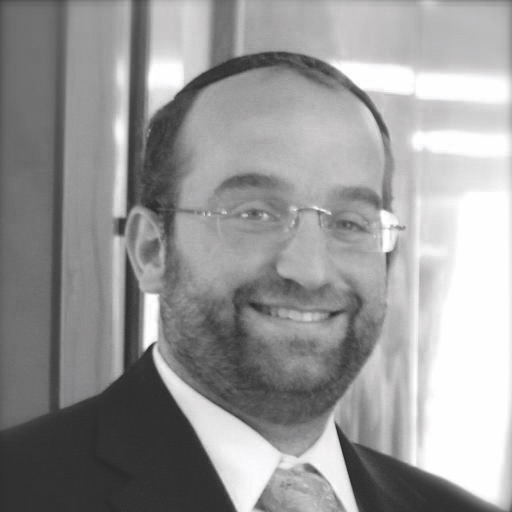
Moses’ fear is reasonable: “How will I approach Pharaoh, the most powerful man in the world, the man who raised me, when my words flow with difficulty?” This insecurity probably stems from the fact that he knows that Pharaoh recognizes him at his most vulnerable. Pharaoh was responsible for teaching Moses most of his words and now Moses is going to use them against him.
The problem with this passage is not so much Moses’ fear, but rather the solution to the fear. God speaks to Moses and Aaron, instructing them to go together. How does this assuage Moses’ reservations? One possibility that has been suggested is that Moses doesn’t need to fear, because he will have a backup — Aaron will be with him. This approach’s flaw is that it ignores the fact that Moses has the ultimate backup: God.
Notice the wording of the verse is not that “you and Aaron will speak to Pharaoh.” That job still belongs to Moses alone. Perhaps this wasn’t about going in with a security blanket, but rather with an identity. If Moses stands and protests before Pharaoh, Pharaoh can turn and say, “How dare you? You are my son. I raised you. Traitor!” This is what Moses is afraid of. But with Aaron — his flesh and blood brother — by his side, he can turn and say to Pharaoh with confidence, “I may have been raised here, but these are my people and this is my family. You were merely a forced stopover.”

















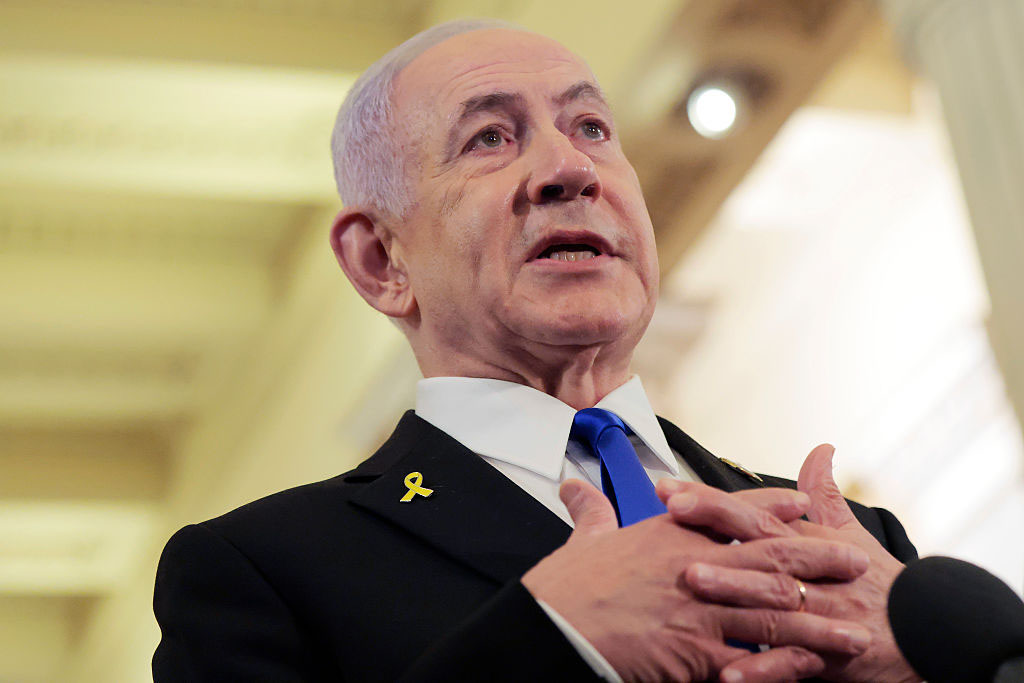



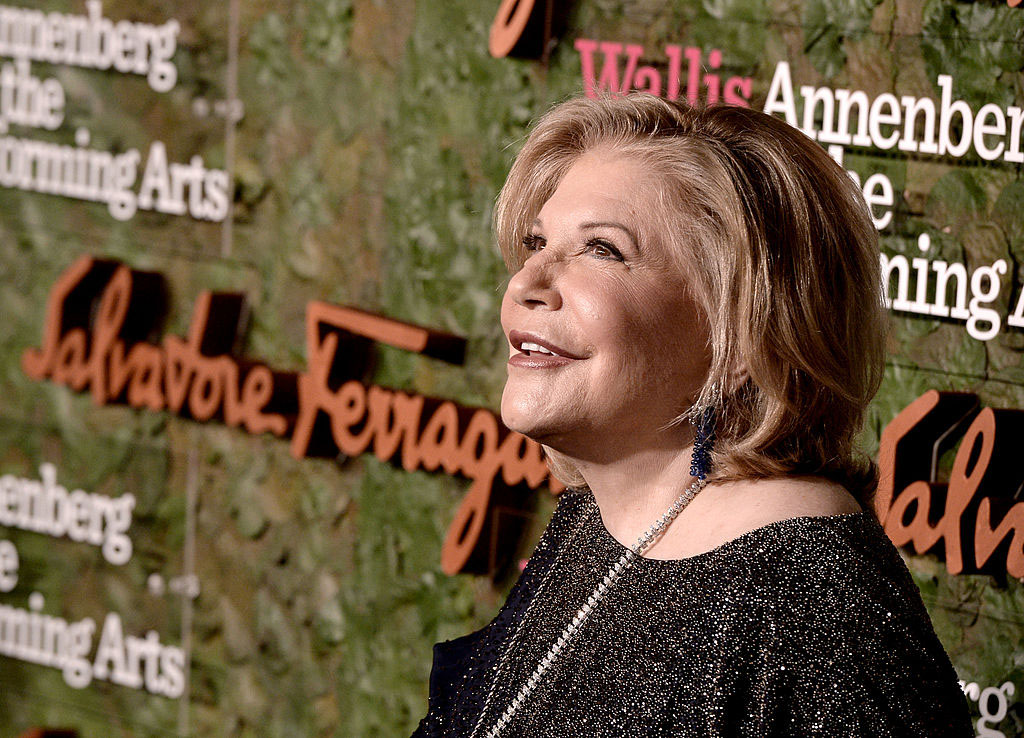






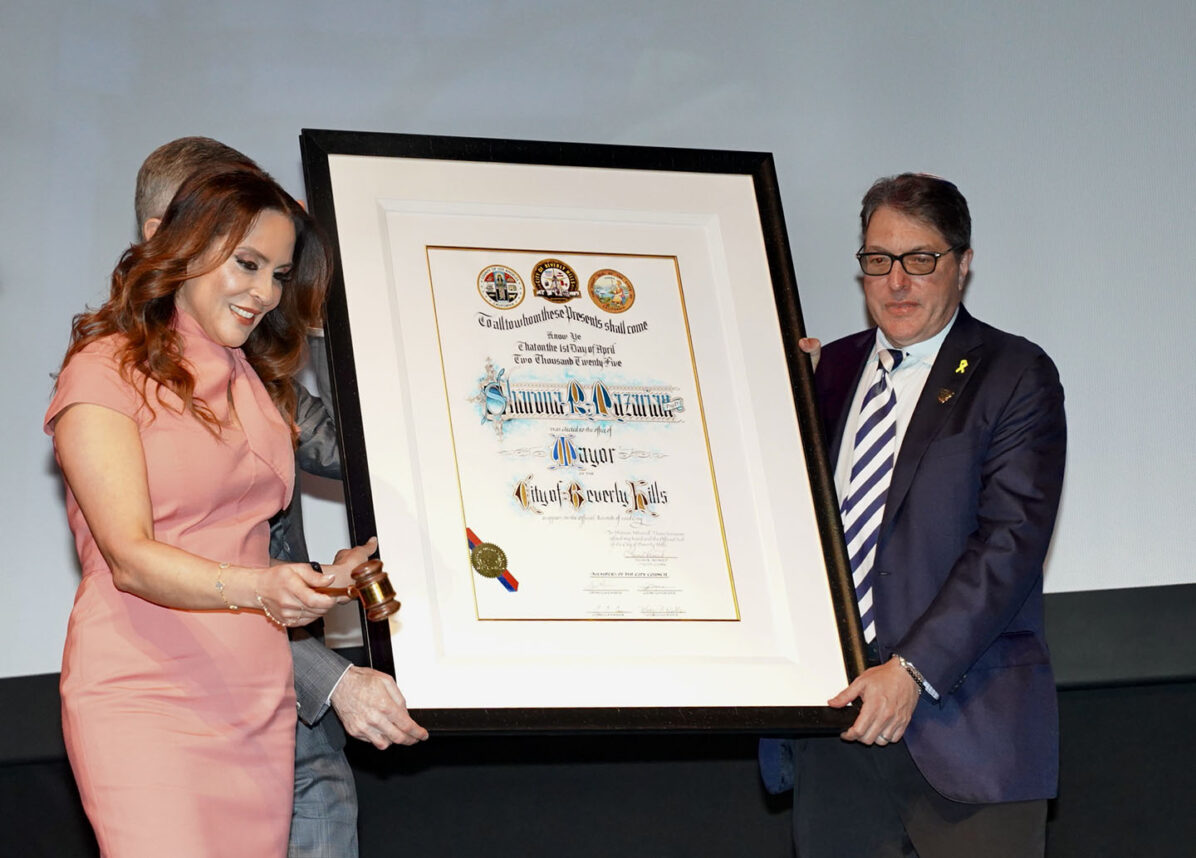
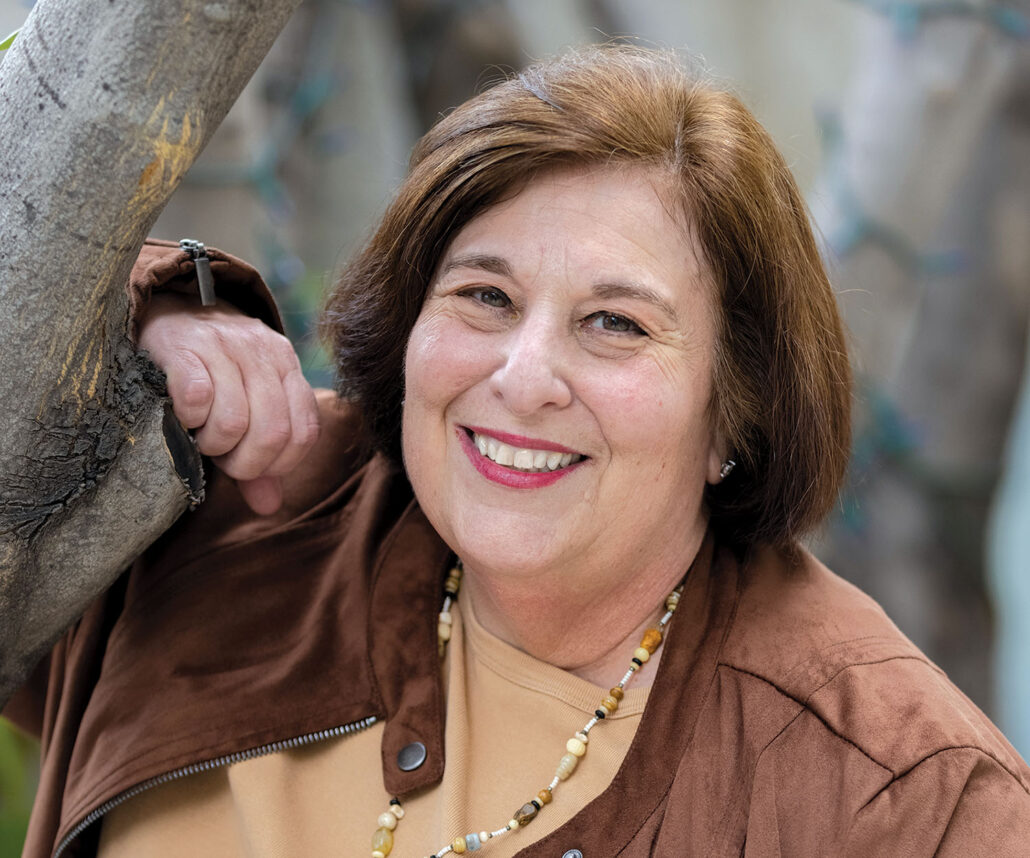




 More news and opinions than at a Shabbat dinner, right in your inbox.
More news and opinions than at a Shabbat dinner, right in your inbox.